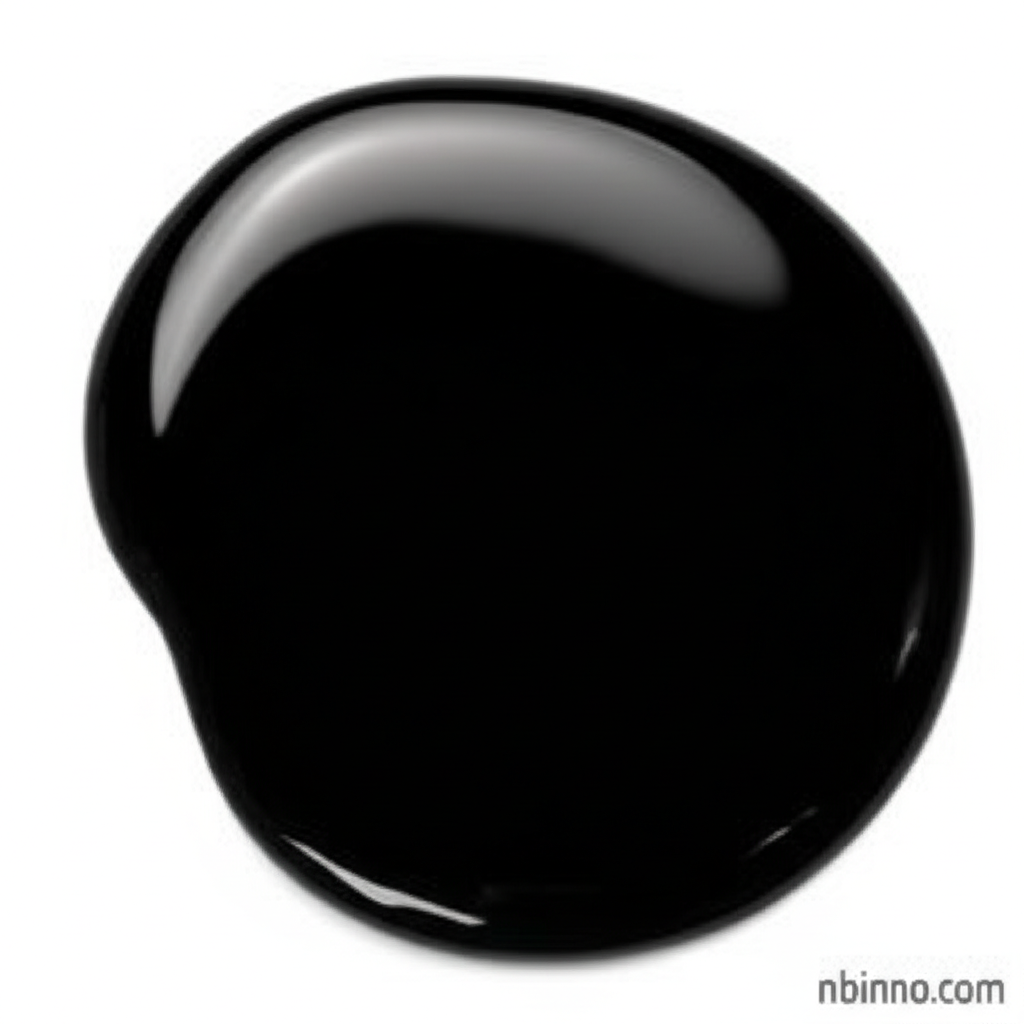Coal Tar: Properties, Applications, and Safety Considerations for Industrial Use
Discover the multifaceted world of coal tar, a crucial industrial material with diverse applications, understand its chemical makeup, and learn about the essential safety protocols for its handling.
Get a Quote & SampleProduct Core Value

Coal Tar
Coal tar is a complex, dark brown to black liquid that is a by-product of the destructive distillation of coal. Its unique chemical composition makes it a foundational material in various industrial processes. As a reliable supplier in China, we provide high-quality coal tar that serves as a key intermediate for numerous chemical syntheses and applications, contributing to the production of dyes, pigments, plastics, and offering a source for energy extraction.
- This comprehensive overview details the chemical properties of coal tar, including its typical melting point range of 30-180 °C and a boiling point above 250 °C, making it suitable for various high-temperature industrial processes.
- Explore the diverse industrial applications of coal tar, noting its extensive use in the manufacture of dyes, pigments, and plastics, which are vital components in many consumer and industrial goods.
- Understand the origin and composition of coal tar, a complex mixture of hundreds of compounds, predominantly polycyclic aromatic hydrocarbons (PAHs), which underpins its utility in chemical manufacturing.
- Learn about the safety considerations associated with coal tar, including its classification as a potential carcinogen and the importance of proper handling and storage to mitigate risks in an industrial setting.
Advantages Offered by Coal Tar
Versatile Feedstock
Coal tar serves as a versatile feedstock, providing essential building blocks for the synthesis of a wide array of chemical products, including vibrant dyes and durable pigments, significantly supporting the chemical manufacturing industry.
Energy Potential
Beyond its role in chemical synthesis, coal tar also possesses inherent energy value, making it a viable option for energy extraction, thus contributing to diverse industrial energy needs.
Foundation for Synthetic Dyes
Historically and currently, coal tar has been instrumental in the development and production of synthetic dyes, a testament to its rich chemical composition and importance in the colorants industry, as evidenced by its use in creating aniline colors.
Key Applications
Dye Manufacturing
Coal tar is a fundamental raw material in the production of a vast spectrum of dyes, critical for the textile, printing, and cosmetic industries, driving innovation in colorant development.
Pigment Production
The chemical compounds found in coal tar are essential for creating high-quality pigments used in paints, inks, and plastics, providing color and durability to countless products.
Plastic Synthesis
As a precursor or additive, coal tar contributes to the manufacturing of various plastic materials, enhancing their properties and expanding their applications across different sectors.
Energy Extraction
The inherent calorific value of coal tar makes it a resource for energy recovery, offering an alternative fuel source in specific industrial applications.
